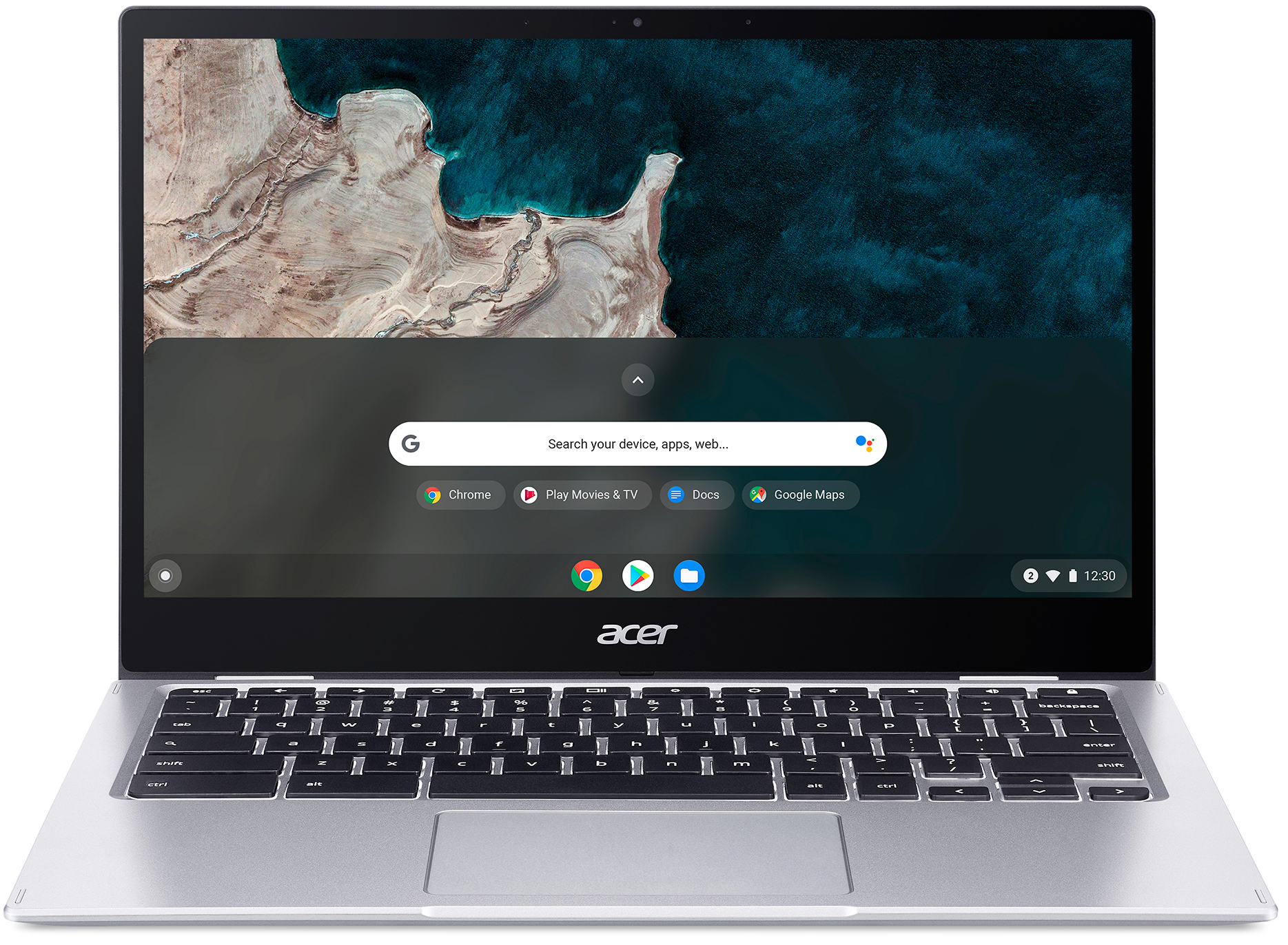Google's Custom SoCs for Chromebooks to Debut in 2023
Google develops own SoCs for Chromebooks.
Just like other high-tech giants, Google is working on its own custom system-on-chips (SoCs) that will power PCs and tablet that run its Chrome operating system. The new SoCs are projected to offer capabilities not available on chips used by Chromebooks today and will likely make such machines more competitive. But the new SoCs won't arrive for a few more years.
Google's SoCs for Chromebooks and tablets will be based on Arm's architecture, Nikkei reports. Unfortunately, it is unclear whether the search and advertising giant will develop its own microarchitecture, or will use Arm's off-the-shelf Cortex cores. It is also unclear which custom features Google intends to add to its SoCs in a bid to differentiate its machines from SoCs developed by companies like MediaTek or Qualcomm. Meanwhile, the company intends to roll out its first SoCs for PCs sometime in 2023, according to Nikkei.
Apple was among the first high-tech companies to build its own SoCs for its smartphones and tablets in 2010. In 2020 the company announced plans to cease using Intel CPUs in its PCs and introduced its M1 SoC that powers its lightweight laptops, which are designed to compete with the best ultrabooks, and desktops. For Google, which mimics some of Apple's decisions, it is natural to develop its own processors for PCs.
Development of chips made using a leading-edge process technology is extremely expensive. A more or less complex 5 nm design costs over $500 million to develop, but at 3 nm development costs will rise to $1.5 billion. To recoup such expenses, Google will need to sell a boatload of Chromebooks and other Chrome-based PCs. That said, it makes sense for Google to wait a bit before introducing its own SoCs aimed at its PCs and therefore 2023 looks like a realistic timeframe for Google's PC SoC introduction.
Google is not new to custom SoC design. The company has been using its own SoCs to accelerate AI workloads in its datacenters since 2016. Last year it began to use its own Argos video transcoding units (VCUs) to transcode YouTube videos. Earlier this year it hired an Intel veteran to develop custom SoCs for its datacenters to replace machines based on CPUs from Intel. Google's upcoming Pixel 6 smartphones will also use custom SoCs designed internally.
Google did not comment on the story, but confirmed that its upcoming Pixel 6 smartphones will be based on its internally designed SoCs..
Get Tom's Hardware's best news and in-depth reviews, straight to your inbox.

Anton Shilov is a contributing writer at Tom’s Hardware. Over the past couple of decades, he has covered everything from CPUs and GPUs to supercomputers and from modern process technologies and latest fab tools to high-tech industry trends.
